The gluten-free diet: useful or not in bodybuilding?
Many people today eat all kinds of foods. But gluten is found in many of the foods we eat, and some people can no longer tolerate it. So what is gluten? In which foods is it found? Is it better for your health not to eat it? And when we practice bodybuilding, is it better to consume it or not? Discover through this article the important information concerning the gluten-free diet.
Contents
What is gluten?
Gluten (which comes from the Latin glu: glue) is a substance present in all cereals, particularly in wheat, barley and many others. It is produced when 2 proteins come into contact: prolamins and glutenins. Gluten is responsible for the softness and elasticity of your baker's products. It is also used in meat products. Gluten is difficult to digest even for people who are not intolerant.
The amino acids glutamines contained in gluten are not digested by the body. People who are allergic to gluten will experience irritation or even inflammation of the intestine. For people with celiac disease, gluten is responsible for several damages in the body. It irritates the walls of the intestine and can destroy the villi that absorb Nutrients contained in food.
At this point, the person may show signs of malnutrition and deficiencies in vitamins and other vital nutrients. It is therefore essential to follow a gluten-free diet if you have an intolerance to this protein.
What are the benefits of a gluten-free diet?
A gluten-free diet allows a person with celiac disease to avoid suffering from this ingredient. The same is true for people with gluten allergies. Once detected, it is best to follow a gluten-free diet to avoid complications.
While this diet is vital for some people, others can also follow it to maintain their health. This is the case for people with chronic gastrointestinal disorders. Irritable bowel syndrome is alleviated by a gluten-free diet. It should be noted that gluten is not digested by the body, but absorbed by the villi of the intestine.
What are the health risks of a gluten-free diet?
Many people think that eating gluten-free is a way to take care of their body. However, only people who have problems with this substance should follow a gluten-free diet. The lack of this element in the body can lead to an imbalance in the diet.
It is advisable to follow the gluten-free diet for a specific health reason. Alternative ingredients to gluten are white rice flour, tapioca flour or potato starch. These cannot guarantee a sufficient supply of essential nutrients for the body. On the contrary, some gluten-free products are low in fibre, iron and calcium.
It is therefore not advisable to follow a gluten-free diet if you are not allergic to it. However, by changing your eating habits, you can eat less gluten and prefer certain healthy foods such as fruit.
What are the symptoms of gluten intolerance?
Celiac disease, like gluten intolerance, has the same common symptoms. These include diarrhoea and significant weight loss as the intestinal wall has difficulty absorbing nutrients and digesting gluten. Deficiencies of essential vitamins and nutrients can be observed if the disease is not yet detected.
If you have chronic symptoms such as bloating, skin rashes, migraines, diarrhea or extreme anemia or fatigue. It is recommended to consult your doctor as soon as possible to diagnose a possible gluten intolerance. No medication is indicated by your allergist, you just have to follow a gluten-free diet. You will be able to eat well without including gluten in your diet.
What everyday foods are gluten-free?
People with a gluten intolerance can find other grains that do not contain gluten in their natural state. These include buckwheat, quinoa, brown rice, corn and some oatmeal. The latter requires special attention on your part, as there are products that are not certified as gluten-free.
It is important to choose the cereal that best suits your taste. You should know that many different foods are consumed on a gluten-free diet. For example, you can eat dairy products, fruits, vegetables, meat and many more. Ultimately, gluten is contained in processed products made from grains such as wheat.
What foods contain gluten?
Gluten is found in many foods, including those mentioned above: pastries, most industrial products, some flours, rye bread...
It is important to know which products contain gluten before shopping for the family. Today, products labelled gluten-free are also available on shop shelves. However, you should know that beer, breads, sweets, cakes, sauces or biscuits in the shops all contain gluten.
If similar gluten-free products are not available in your usual store, you can find suppliers on specialized online sites. The most important thing is to be able to avoid gluten without having to suffer from its lack in your body. On the contrary, the absence of gluten is beneficial if you consume more natural and healthy foods.
Some good advice for people with gluten intolerance
If you are allergic to gluten, it is important not to take even a small amount. You should pay attention to the labels and check that there is no trace of gluten in the product. When dining out, it is important that you tell the chef that you have a gluten intolerance. It is best to choose a gluten-free menu, as cross-contamination is always a risk for you. This is contamination during the cultivation or production of gluten-free food.
For bodybuilders?
When we work out, there is no significant difference. If you digest gluten correctly and have no worries, the question does not arise. On the other hand, for people who suffer from a disease, the best known of which is called "celiac disease" or simply gluten intolerance, it is important to know which foods are allowed to be eaten and which are forbidden.
It goes without saying that combining a mass gain or a dry run without gluten is very difficult but not impossible. It will remain a headache to find the foods to replace. Moreover, some foods contain traces of gluten. It will therefore be necessary to create new habits but as with any diet, the first few weeks are a bit harder. Indeed, when we start a diet, we have to weigh our food. .... It is the same for removing gluten from our diet. These are the mechanisms to adopt in order to save time later on. You can replace pasta with quinoa, for example, or eat a slice of gluten-free bread instead of the usual slice of wholemeal bread.
In conclusion, the gluten-free diet depends on your tolerance or not to gluten. There is no need to deprive yourself of it if you have no intolerance or allergies. The same applies to lactose, for example, which should only be eliminated in the case of intolerance or allergies.
To benefit from a weight training and nutrition program :
Additional articles :
The ketogenic diet for weight loss

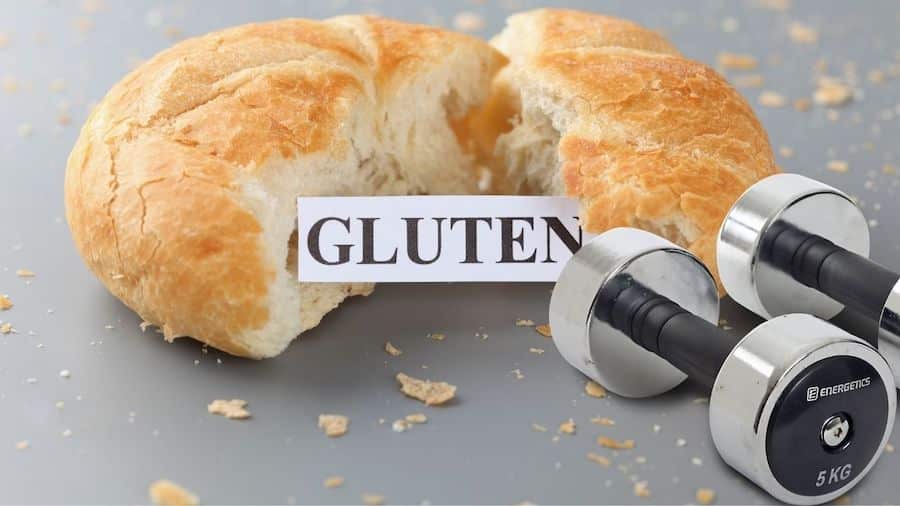
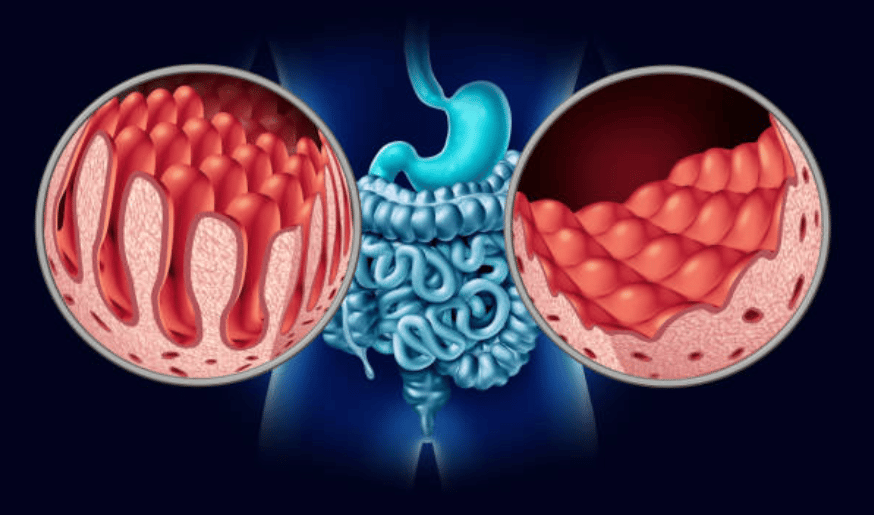
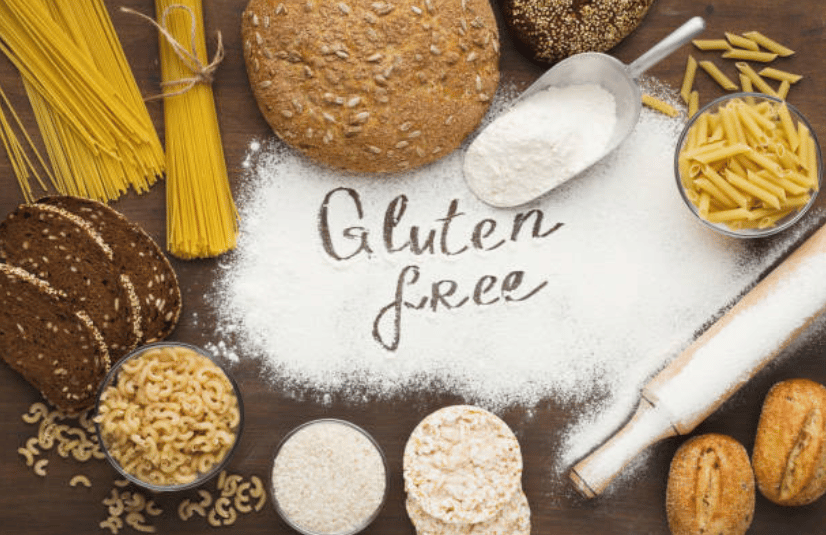
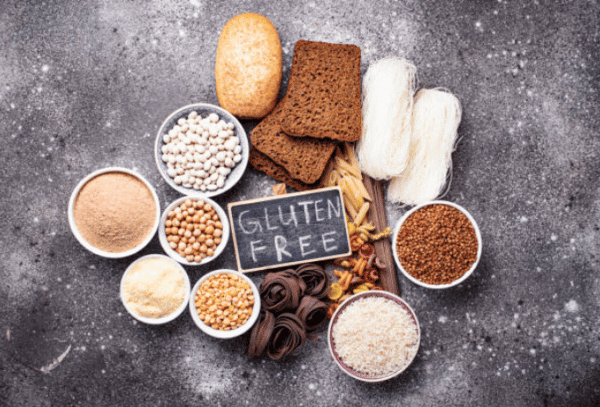


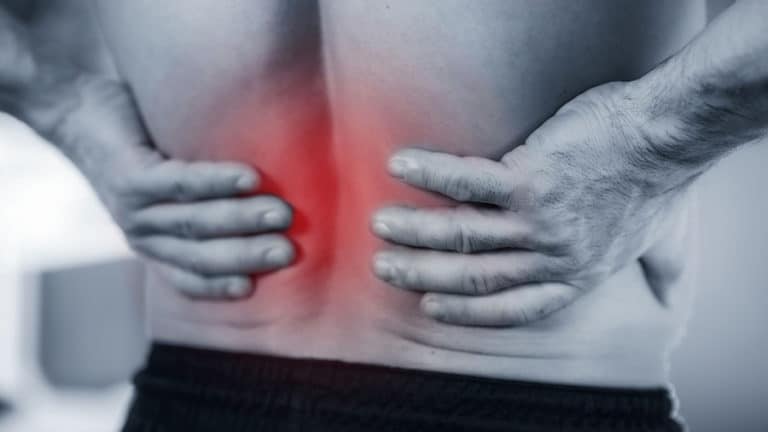

I would have to explain some details if I understood this article well, the gluten would come from cereals but on some foods like ice creams or other products it is specified without gluten while there is no need to be
Would this be a selling point?
It is indeed a sales and marketing argument but it is also essential for those who are really allergic because some industrial ice creams can contain wheat malt and generally, the gluten is hidden in the ingredients supposed to flavour the ice cream.